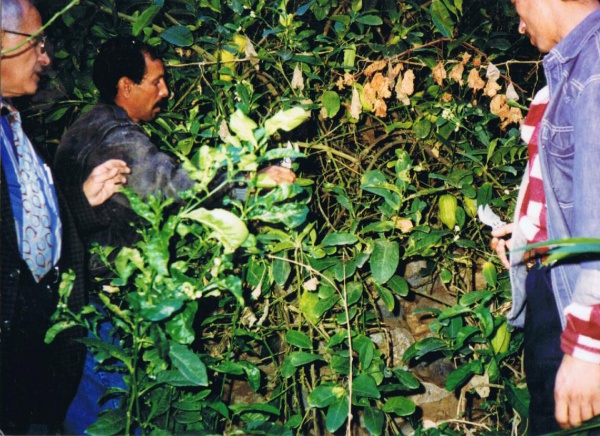Facts About Moroccan citron
The Moroccan citron is a special variety of citron originating from Assads, Morocco. It is distinguished by its sweet, low-acid pulp, differentiating it from other citron types. Henri Chapot, a Moroccan professor, provided a comprehensive description of this unique fruit, highlighting its distinct characteristics.
Traditionally, the Moroccan citron is cultivated in Assads primarily for religious purposes. It is particularly esteemed as an etrog, which is used during the Jewish holiday of Sukkot. In Assads, a village in the Taroudant Province, the emphasis is on growing pure, ungrafted citrons, as grafted ones are not considered kosher for these rituals.
To ensure the Moroccan citron remains pure and suitable for religious use, various rabbis and experts have meticulously examined the trees in Morocco. Their objective is to confirm that these citrons are genetically pure and free from grafting.
There has been some debate regarding the fitness of the Moroccan citron for religious use, with concerns about its seedlessness and potential differences from other varieties. However, studies have demonstrated that the Moroccan citron retains its genetic purity and is comparable to other kosher etrog varieties.

 Algeria
Algeria